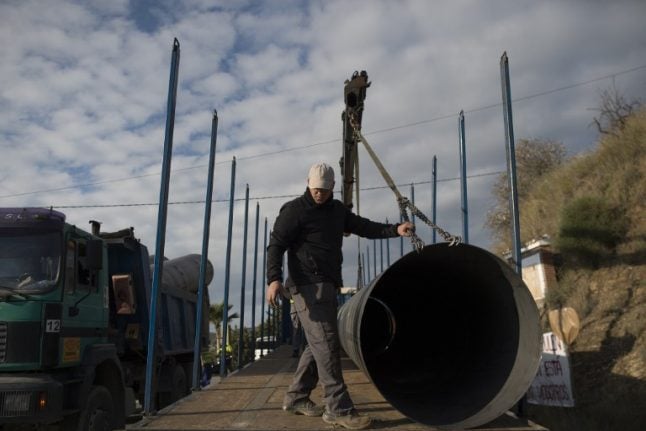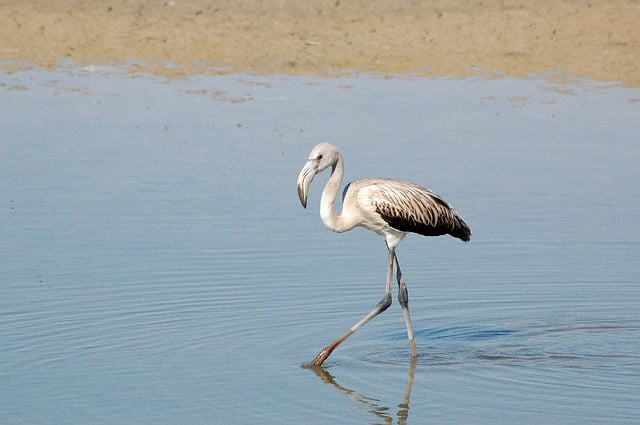Local media in Malada reported that specialists have located what they think is a 15-meter chamber at the base of the well in Totalán, where they think the child is located.
The hope is that if he survived the fall, he could still be alive in an air-pocket covered in earth which dislodged as he tumbled through the narrow space.
The chamber is at a depth of around 75 meters. This video shows footage from a robot lowered into the hole.
But the extraordinarily difficult rescue operation is still hours if not days away from completion and rain forecast for Saturday could further complicate things.
Engineers began digging the first of two vertical tunnels running parallel to the 100 meter deep narrow borehole through which the boy fell into during a family picnic last Sunday. The hole has a diameter of just 25cms.
They then hope to reach the boy by digging two lateral tunnels to reach him.

Diagram of the rescue plan from RTVE/ABC.
But the operation has been hampered by difficult terrain which needed to be smoothed before the heavy machinery could begin drilling.
““In ideal conditions, it would take between 12 and 16 hours but this could vary here because of the circumstances presented by the terrain,” explained Ángel García Vidalto Europa Press.
He added that under normal circumstances, the type of excavation work being carried out to try to get Julen out would take “months.”
Enviamos un fuerte aplauso virtual ?? y sobre todo mucho ánimo ? a todas las personas que participan sin descanso, ni desaliento, en el rescate extremo del pequeño Yulen. ¡Muy #grandes! #Totalán #Málaga#ServiryProteger #AllíDondeNosNecesites ? #062 pic.twitter.com/CAViVJc2oe
— Guardia Civil ?? (@guardiacivil) January 18, 2019
Among the nine companies taking part in operations is Stockholm Precision Tools AB, a Swedish company that in 2010 contributed to the spectacular rescue of 33 Chilean miners trapped 69 days underground.
The rescue operation has gripped the nation with people sending messages of hope and prayers to his parents Vicky and Jose, who lost their first son, Oliver, two years ago when he suffered a sudden heart attack aged just three years old.

We're “dead, but with the hope an angel will help us get him out alive,” Julen's father Jose told reporters on Wednesday. “It feels like it's lasted for months.”
READ MORE: Desperate rescue mission for toddler trapped in Malaga well



 Please whitelist us to continue reading.
Please whitelist us to continue reading.